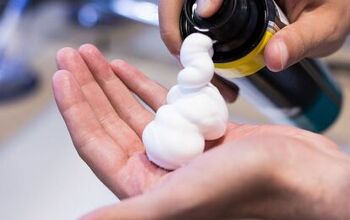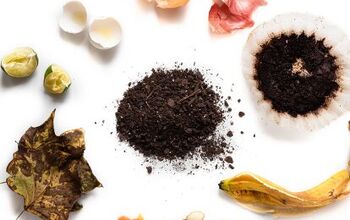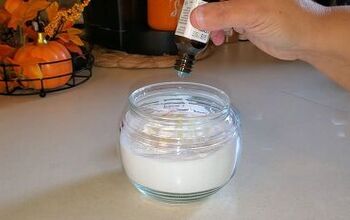Simple and Frugal Homemade Remedies From the Great Depression
Disclaimer: Simplify may receive a small affiliate commission from purchases made via links in this article but at no cost to you.
The Great Depression was a time of immense hardship, but it also sparked creativity and resourcefulness in everyday life.
Families had to make the most of what they had, leading to the development of simple, frugal homemade remedies that are still relevant today.
These remedies emphasize the importance of using natural ingredients, minimizing waste, and fostering a sustainable lifestyle.
Here are three effective homemade remedies inspired by the ingenuity of the Great Depression era.
1. Vinegar as a multi-purpose cleaner
During the Great Depression, families had to stretch their budgets and find effective ways to keep their homes clean.
Vinegar became a popular choice for its versatility and affordability. It can be used as a natural disinfectant, deodorizer, and stain remover.
How to use it:
- All-purpose cleaner: Mix equal parts vinegar and water in a spray bottle. Use it to clean countertops, sinks, and other surfaces.
- Deodorizer: Place a bowl of vinegar in the fridge or any area with unpleasant odors to neutralize smells.
- Stain remover: Apply vinegar directly to tough stains on fabrics, let it sit for a few minutes, and then wash as usual.
Benefits:
Vinegar is non-toxic, making it safe for households with children and pets. It’s also an eco-friendly alternative to commercial cleaners that often contain harsh chemicals.
Iberia All Natural Distilled White Vinegar, 1 Gallon
2. Honey and lemon cough syrup
In times when medical resources were limited, families turned to simple, natural remedies for common ailments.
Honey and lemon became a go-to combination for soothing sore throats and coughs, thanks to their antibacterial and anti-inflammatory properties.
Ingredients:
- 1 tablespoon honey (preferably raw)
- 1 tablespoon freshly squeezed lemon juice
- Warm water
Instructions:
- Mix the honey and lemon juice in a small cup.
- Add warm water to the mixture and stir until the honey is dissolved.
- Sip this soothing syrup as needed to ease throat irritation and coughing.
Benefits:
Honey is known for its natural sweetness and soothing qualities, while lemon adds vitamin C and flavor. This remedy is not only effective but also much cheaper than over-the-counter cough syrups.
Nate's Organic 100% Pure, Raw & Unfiltered Honey
3. Oatmeal for skin irritations
During the Great Depression, families learned to utilize common kitchen ingredients for beauty and health. Oatmeal became a popular remedy for soothing skin irritations, such as rashes, dry skin, and insect bites.
How to use it:
- Oatmeal bath: Add 1 to 2 cups of colloidal oatmeal (finely ground oats) to warm bathwater. Soak for 15-20 minutes to relieve itching and irritation.
- Oatmeal paste: Mix equal parts oatmeal and water to create a paste. Apply it directly to irritated skin and let it sit for about 30 minutes before rinsing off.
Benefits:
Oatmeal contains antioxidants and anti-inflammatory properties, making it an excellent choice for sensitive skin. It’s gentle, inexpensive, and safe for all ages.
Happy Belly Old Fashioned Oats
Great Depression remedies
The resourcefulness of the Great Depression taught people to make the most of what they had, often turning to natural remedies for health and wellness.
By incorporating these simple and frugal homemade remedies into your life, you can embrace a sustainable and economical approach to everyday challenges.
Whether you're cleaning your home with vinegar, soothing a cough with honey and lemon, or easing skin irritations with oatmeal, these timeless remedies reflect the spirit of resilience and creativity from a challenging era.
Embrace these methods, and you may find they are just as effective today as they were back then!
Share your thoughts in the comments down below.
























Comments
Join the conversation